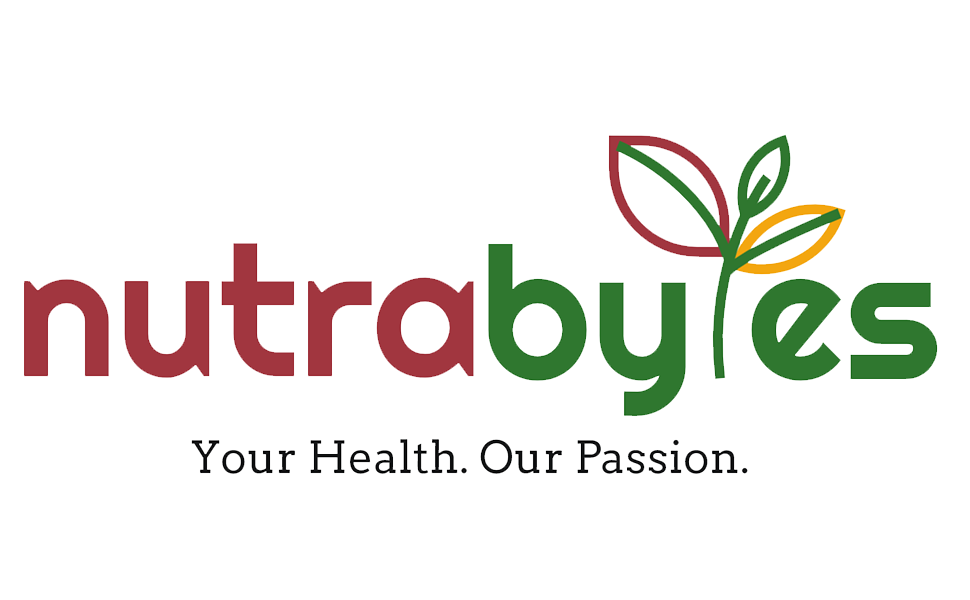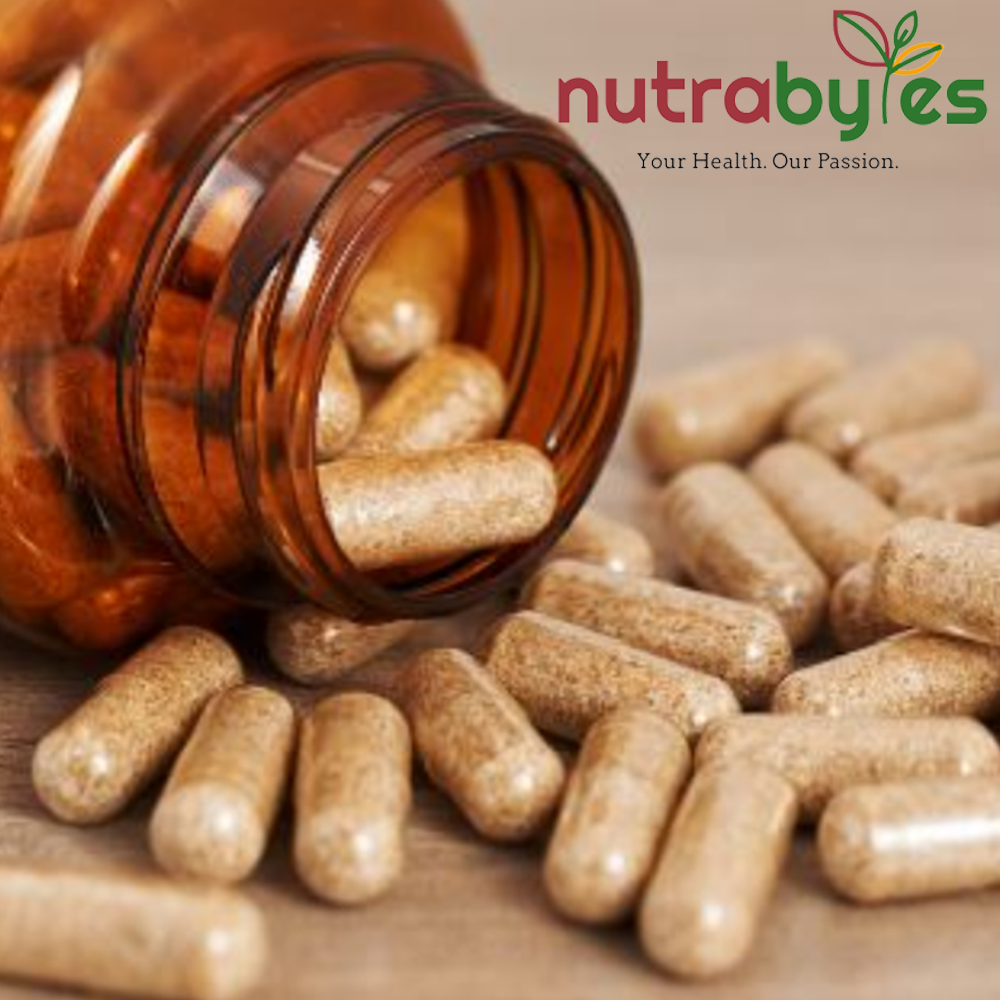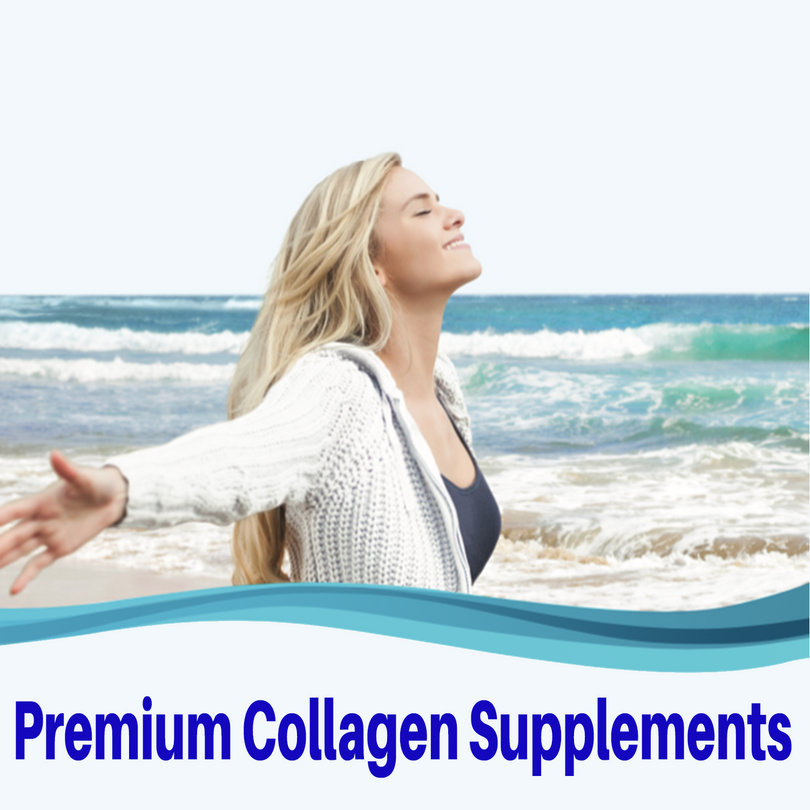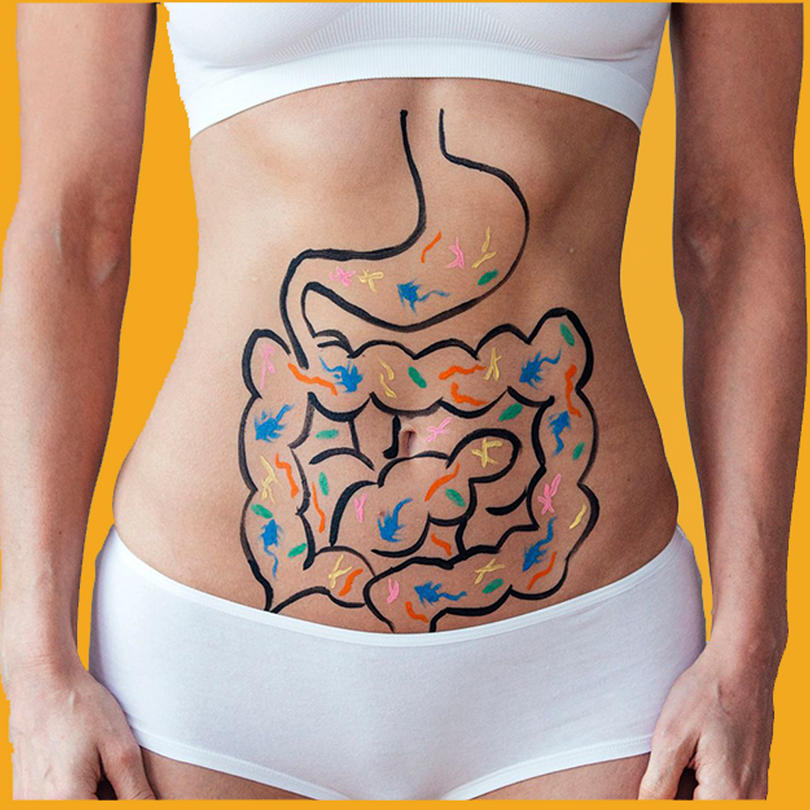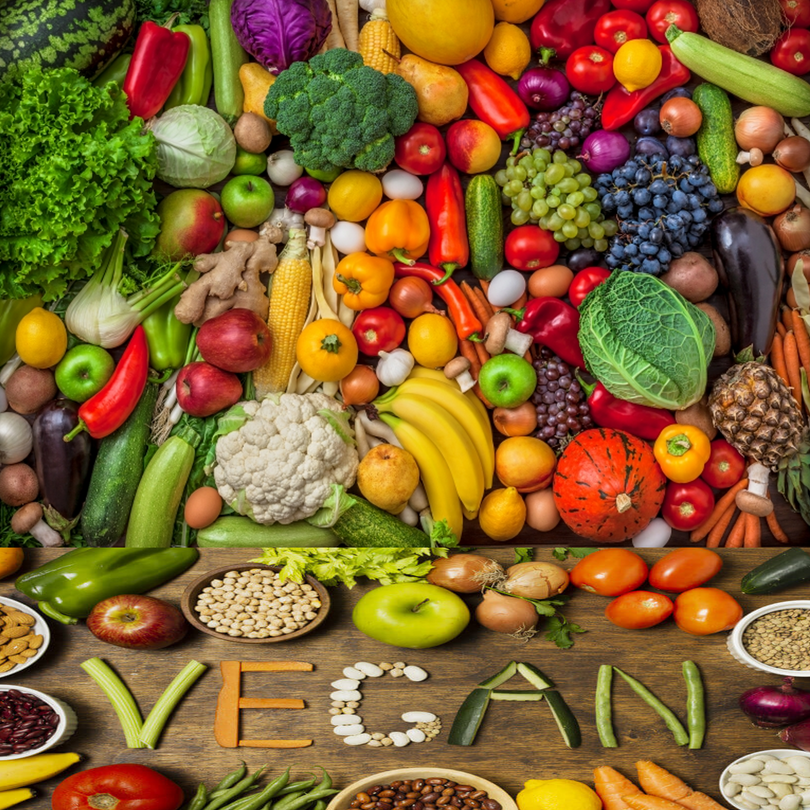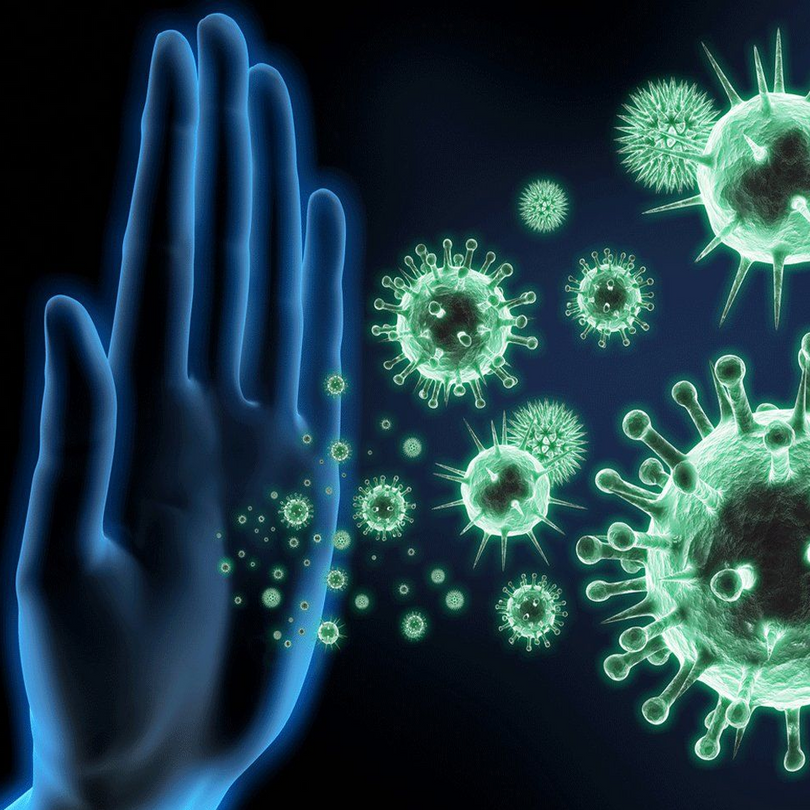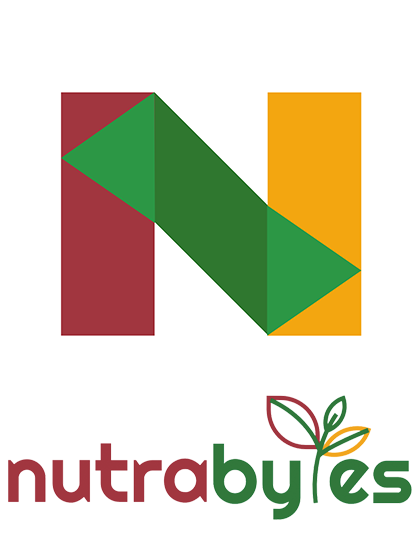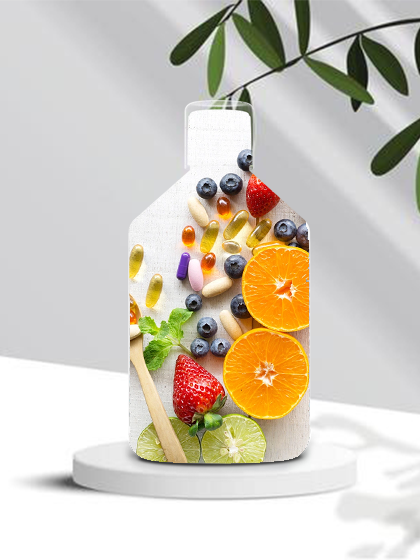Those who want to convert to collagen are often confused by two widely and frequently used terms: collagen and hydrolysed collagen peptides.
Do they mean the same thing or are they different? Do they have the same or different properties? How is each made and which is the better choice for me?
So, let’s break down the differences between collagen and hydrolysed collagen peptides from a scientific perspective so you can better understand how collagen supplementation works.
The Chemical Composition, Structure & Function of Collagen
Collagen is a protein made up of three amino acids: glycine, proline, and hydroxyproline.
These three amino acids combine to form a triple helix structure with an amino acid sequence that goes like glycine-proline-X or glycine-X-hydroxyproline.
X represents any of the other 17 amino acids.
Glycine is what contributes to the tight configuration of the collagen chain and is known for its stress-bearing properties.
Collagen is present abundantly in our bodies. It is found in our muscles, tendons, ligaments, cartilage, skin, and bones. Since collagen is primarily present in the extracellular matrix of the cells, it provides structure, strength, and elasticity to skin, tissues, and organs. That is why when collagen levels begin to drop from the age of 20 onwards, you experience an increase in the appearance of fine lines, wrinkles, and sagging skin.
Collagen levels deplete at the rate of 1% each year. Replenishing the lost collagen through supplements may help improve skin, nails, hair, and joints.
Types of Collagen
There are around 28 types of collagen, with the most abundant being Type 1. Type 1 collagen accounts for 90% of the total collagen in our bodies. Collagen Types 2, 3, 4, and 5 are also present in significant amounts.
|
Types of Collagen |
Part of the Body |
|
Type 1 |
Bones, tendons, organs |
|
Type 2 |
Cartilage |
|
Type 3 |
Reticular fibres that make up the supporting tissues of organs |
|
Type 4 |
Basement membrane of cell membranes |
|
Type 5 |
Cornea of Eyes, Hair, Nails |
What Are Collagen Peptides And How Are They Made?
In its natural state, collagen is a very large molecule. It is very difficult for the body to absorb the large molecules of collagen into the bloodstream easily.
Large collagen molecules have to be broken down into smaller amino acids or peptides for them to be absorbed by the gut. To make collagen easily absorbable, it is necessary to put collagen through a process called hydrolysis.
Hydrolysis is a chemical process that uses water to break down the bonds of chemicals, thereby altering their structure.
When collagen is hydrolysed, it is broken down into smaller collagen molecules called collagen peptides. Collagen peptides are easily absorbed by the gut lining and can then act as building blocks for tissue repair.
To sum up, hydrolysed collagen peptides are the simpler amino acid form of collagen that is biocompatible and bioavailable.
The Differences Between Collagen and Hydrolysed Collagen Peptides
|
Property |
Collagen |
Hydrolysed Collagen Peptides |
Implication |
|
Chemical Composition |
It is a protein that is made up of glycine, proline, and hydroxyproline. |
Same as collagen but with water molecules added during hydrolysis. |
Collagen hydrolysate, also known as hydrolysed collagen or collagen peptides, is more digestible and easily absorbed. |
|
Structure |
Made up of long chains of glycine, proline, hydroxyproline and other amino acids in a triple helix structure. |
Water molecules are introduced into the structure because of hydrolysis. |
Collagen peptides are the broken-down version of unprocessed collagen. The collagen structure is broken down by the process of hydrolysis which uses water to strip and alter the structure of collagen. |
|
Molecule size |
Larger |
Smaller |
The smaller the molecule size, the faster it is likely to pass through the gut lining, which acts like a sieve and keeps out bigger molecules. |
|
Bioavailability |
Lower Bioavailability |
Higher Bioavailability |
Smaller molecule size makes collagen peptides easier to absorb into the bloodstream. |
|
Molecular Weight |
300,000 Da |
2000-6000 Da |
The ideal molecular weight of collagen peptides should be below 5000 Da for easy absorption by the gut |
Types of Collagen Supplements
Most of the collagen supplements available in the market today are in the hydrolysed collagen peptide form.
The collagen itself can be sourced from marine creatures like wild-caught cod, jellyfish or sea urchins (scales, skin, bones), bovine (hide, bones, connective tissue) or poultry (skin, bones).
Marine and bovine collagen provide Types 1 and 3 collagen, which is used primarily in most of the popular collagen products.
Hydrolysed collagen peptide supplements come in the form of pills, powders or liquids. They can be flavoured with a variety of fruity or tangy additives or come in the unflavoured variety. Some may even be blended with other beneficial ingredients like Hyaluronic Acid, Vitamin C, Biotin or essential amino acids.
Vitamin C plays a key role in stimulating the body’s natural collagen production process.
Product Focus: Premium Marine Collagen Supplements
One of our most popular collagen supplements is the Premium Marine Collagen. It’s an unflavoured hydrolysed marine collagen powder with 10,000 mg of Type 1 and 3 collagen per serving.
Let’s break down the science behind this product to help you better understand what makes this such a great product for you!
-
Pure Marine Collagen
The Premium Marine Collagen supplement is made entirely from collagen from wild-caught and naturally sourced fish. The marine collagen peptides are readily absorbed by the body since they are easily digested.
Some marine collagen supplements available on the market may contain shellfish and crustaceans, so it’s best for those with allergies to avoid such products.
Marine collagen is also suitable for those with religious dietary restrictions.
It is favoured among consumers because marine collagen is highly bioavailable (more on that later).
-
High-Strength Marine Collagen 10,000 mg
High strength means that there is a greater concentration of hydrolysed marine collagen peptides per serving.
The Premium Marine Collagen offers 10,000 mg of hydrolysed marine collagen peptides per serving of 10 g (approximately 2 scoops). Typical daily dosages of collagen range from 2.5 g to 15 g.
-
Hydrolysed Collagen Peptides
As mentioned before, hydrolysed collagen peptides are biocompatible and highly bioavailable.
The hydrolysis process breaks down the collagen molecules into smaller amino acids, also known as peptides, which are easily digested by the gut.
The Premium Marine Collagen powder is made of these hydrolysed collagen peptides, making it super effective and beneficial.
-
High Bioavailability
Bioavailability refers to how easily and efficiently our body absorbs nutrients from food or food supplements.
Food supplements that have a higher bioavailability are more effective since the rate and the extent of nutrient absorption are higher.
The hydrolysed collagen peptides in our Premium Marine Collagen supplement make it highly bioavailable because of its smaller molecular size.
-
Easy Absorption
Since the Premium Marine Collagen is composed of collagen peptides, it is easily absorbed by the gut.
The smaller collagen peptide molecules easily pass through the gut lining and into the bloodstream, becoming available for use by the body quicker.
-
Unflavoured Marine Collagen Powder
People who are looking for a powder-based marine collagen supplement may be put off by the fishy smell and taste of cheaper-quality collagen powders available in stores.
The Premium Marine Collagen supplement does not have that “fishy” smell or any unpleasant taste.
It is unflavoured, so it doesn’t alter the taste of drinks to which it is added, and it dissolves easily in hot or cold drinks.
-
Marine Collagen Type 1 and 3
Marine collagen is a source of Type 1 collagen.
Premium Marine Collagen contains both Type 1 and Type 3 collagen, along with a blend of 19 amino acids for an extra boost of protein.
Wrapping Up
We hope that cleared up the confusion between collagen and hydrolysed collagen peptides. When choosing a collagen supplement, go for the hydrolysed peptide form since that is easier for your body to absorb and is consequently more effective.
Frequently Asked Questions
-
How do I take Premium Marine Collagen powder?
You can take this pure collagen powder by mixing it into hot or cold drinks. It goes well with tea, coffee, smoothies, and juices.
-
What is the halal source of collagen?
A halal source of collagen is typically marine collagen (from fish skin or scales) or collagen derived from halal-certified bovine sources, where the animals are slaughtered according to the halal dietary laws.
-
Can you switch between marine and bovine collagen?
Yes, you can switch between marine and bovine collagen, but it's best to choose based on your dietary preferences, allergies, and specific health goals.
-
What are the side effects of marine collagen?
Side effects are rare. Common reported side effects of marine collagen are mild digestive issues like bloating or a feeling of fullness and allergic reactions in people with fish or seafood allergies.
-
What form of collagen is best absorbed?
Hydrolysed collagen peptides are the best-absorbed form, as they’re broken down forms of collagen that are easily digested and absorbed by the body.
Reference Links
-
Kim, D.-U., Chung, H.-C., Choi, J., Sakai, Y., & Lee, B.-Y. (2018). Oral Intake of Low-Molecular-Weight Collagen Peptide Improves Hydration, Elasticity, and Wrinkling in Human Skin: A Randomized, Double-Blind, Placebo-Controlled Study. Nutrients, 10(7), 826. https://doi.org/10.3390/nu10070826
-
Geahchan, S., Baharlouei, P., & Rahman, A. (2022). Marine Collagen: A Promising Biomaterial for Wound Healing, Skin Anti-Aging, and Bone Regeneration. Marine drugs, 20(1), 61. https://doi.org/10.3390/md20010061
-
Khatri, M., Naughton, R. J., Clifford, T., Harper, L. D., & Corr, L. (2021). The effects of collagen peptide supplementation on body composition, collagen synthesis, and recovery from joint injury and exercise: a systematic review. Amino acids, 53(10), 1493–1506. https://doi.org/10.1007/s00726-021-03072-x
-
Wu M, Cronin K, Crane JS. Biochemistry, Collagen Synthesis. [Updated 2023 Sep 4]. In: StatPearls [Internet]. Treasure Island (FL): StatPearls Publishing; 2025 Jan-. Available from: https://www.ncbi.nlm.nih.gov/books/NBK507709/
-
Jordi Bella, Barbara Brodsky, Helen M Berman, Hydration structure of a collagen peptide, Structure, Volume 3, Issue 9,1995, Pages 893-906, ISSN 0969-2126, https://doi.org/10.1016/S0969-2126(01)00224-6
-
https://www.healthline.com/nutrition/how-much-collagen-per-day
-
https://my.clevelandclinic.org/health/articles/23089-collagen
